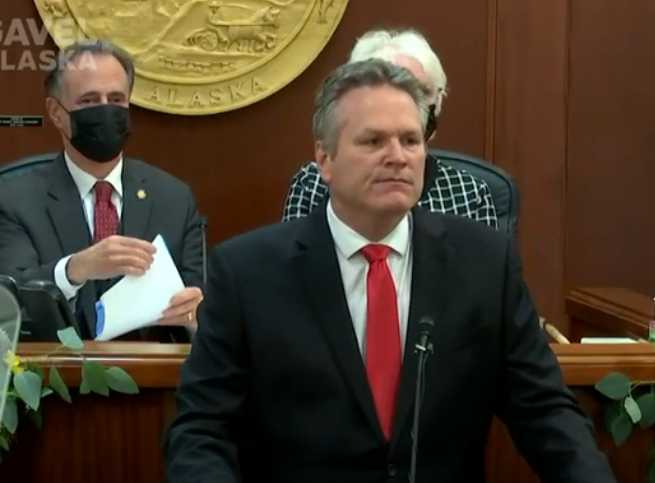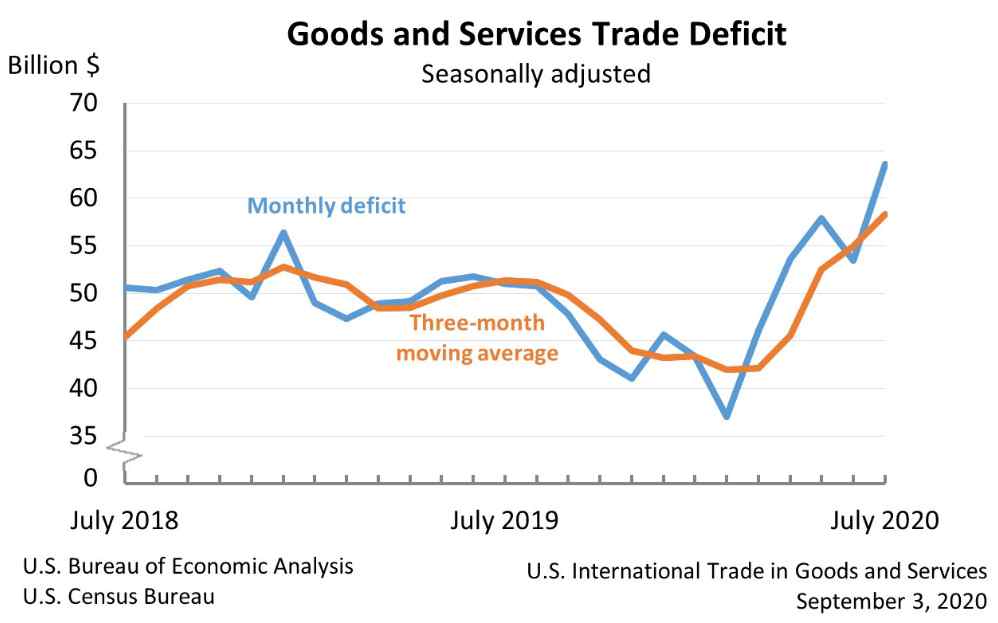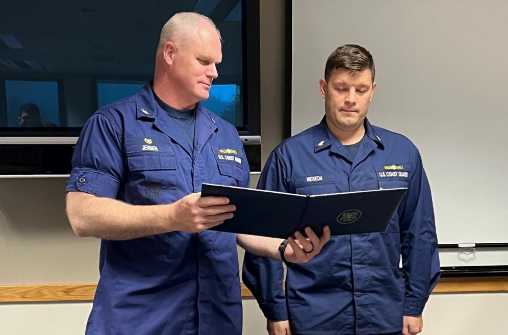‘Today was a sobering but instructive reminder that we all need to be on the same page to get our financial house in order’
JUNEAU – The Alaska Legislature is preparing to confront a deep conflict between the immediate needs of Alaskans during historically challenging times and potential negative long-term financial consequences associated with deficit spending.
To prepare for the new session, which begins January 19, the House Finance Committee today held a hearing to receive an update on the state’s financial situation amid the pandemic and to begin reviewing Gov. Michael J. Dunleavy’s budget proposal. A few important facts came to light during the hearing:
- The governor’s budget would create a $2.1 billion deficit in the upcoming budget year, much larger than the administration suggests.
- The governor’s budget would draw $3 billion from the Permanent Fund earnings reserve to pay the largest dividends in history, a move that would significantly reduce the fund’s investment potential and risk future dividends from being paid out. The amount available for dividends and essential services every year would decrease by $200 million by 2030.
- Governor Dunleavy’s 10-year budget plan assumes that a new tax will be in effect 18 months from now – generating $1.2 billion in new revenue in the fiscal year that begins in July 2022 – but he has not yet offered a plan to implement a new tax.
- While the governor correctly states that the Permanent Fund’s value has grown by approximately $10 billion this year, he fails to mention that the fund also previously lost more than $7 billion amid the pandemic – meaning the fund growth he cites as justification for deficit spending is far less than he suggests.
“Today was a sobering but instructive reminder that we all need to be on the same page to get our financial house in order,” said Rep. Neal Foster (D-Nome), co-chair of the House Finance Committee. “I’m hopeful that the governor and the Legislature will have a productive dialogue this session and work together to chart a long-term course toward balanced budgets that will also move Alaska into a bright future.”
“I appreciate the hard decisions lawmakers and the governor will have to make in the coming months, and my thoughts are with them,” added Rep. Jennifer Johnston (R-Anchorage), co-chair of the House Finance Committee. “Without decisive action, we may have a $1.3 billion deficit by 2023 and no money left in the Permanent Fund earnings reserve account to pay for dividends or for government.”
“Everything you take out over 5 percent from the Permanent Fund now takes out from dividends in the future,” said Larry Persily, a former deputy commissioner of the Department of Revenue who testified at the hearing. “This really comes down to two questions, and they deal with time and money. Does the State have enough time to wait for enough revenue for a balanced budget? And where will that money come from?”
###








